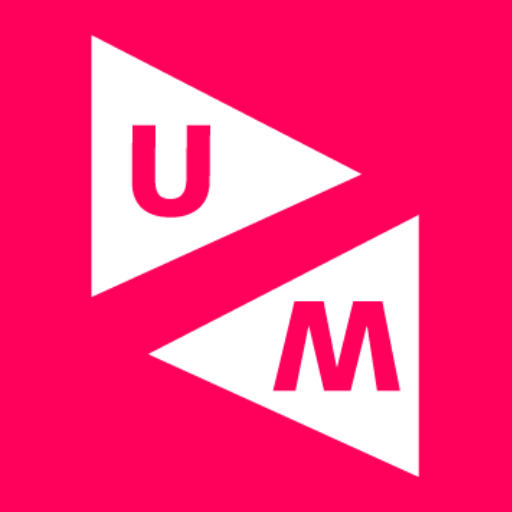The Mission
In the Skills Lab and Core Lab of UM FHML, medical students currently rely on large quantities of single use materials such as examination bench paper, gloves, gauze, and disposable packaging for every session. Much of this material is non-contaminated yet is discarded as mixed waste because there is no system for reuse or separation. While hygiene and high-quality clinical education are essential, there are currently no structured, student-focused interventions to reduce of several single-use materials through alternative personal reusable items or to make students aware of their environmental impact. This represents an excellent opportunity to align with UM’s 2030 Sustainability Roadmap, which commits to reducing material footprints, embedding circularity in education, and fostering sustainability literacy among all students. The aim of this project could be rolled into any larger project aimed at the university level, say, for instance, the LEAF lab program.
The Challenge
In the Skills Lab, large quantities of single-use materials such as examination bench paper, gloves, gauze, and packaging are consumed during every training session. Much of this waste is non-contaminated yet ends up as mixed waste, as segregation does not currently occur in the Skills Lab. While hygiene and high-quality medical training are essential, there are no structured initiatives to measure, reduce, or rethink this waste stream. A radical rethinking of current practices could significantly contribute to the goals outlined in UM’s 2030 Sustainability Roadmap, which commits to reducing the material footprint and embedding circularity in education and operations. Furthermore, students have limited awareness of how sustainability can coexist with safe, high-quality healthcare practice, representing an educational and cultural gap as well as an environmental one.
The solution
Provide each medical student with a Personal Clinical Skills Kit that contains reusable, high-durability, and washable items for training sessions. Examples of kit items include, but are not exclusive to: reusable silicone practice pads for suturing or injections, washable cloth drapes for exam tables, other reusable instruments or training tools that can be disinfected between sessions as found appropriate by the Clinical Skills/ CORE faculty. It is expected of the students to bring and maintain their kit for the duration of the semester or year. Their personal reusable items from the provided kit are cleaned and disinfected according to standard hygiene protocols. Single-use items are only used when strictly required for hygiene or safety, whereas the kit system is complemented by guidelines and student awareness sessions on minimizing waste.

